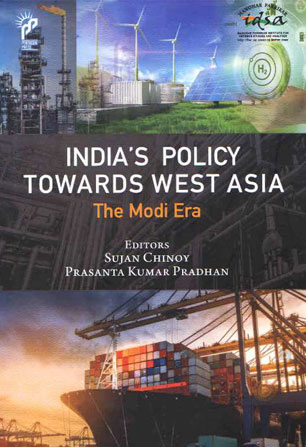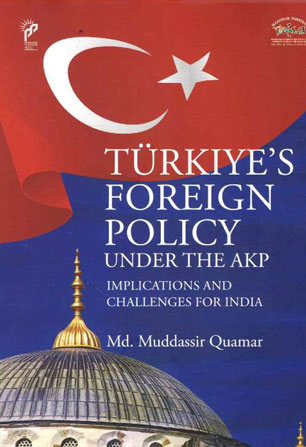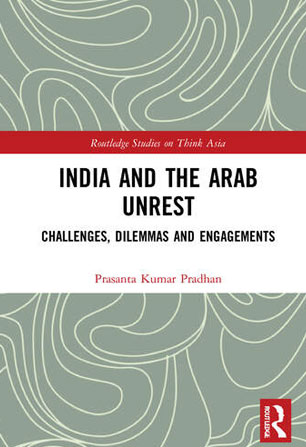The GCC in Troubled Waters
It is unlikely that Qatar will agree to align its foreign policy with that of Riyadh and to rein in Al Jazeera.
- K. P. Fabian
- June 13, 2017



The West Asia Centre seeks to cover issues, themes and countries of the region which are undergoing rapid political transformation impacting the political and security situation of the region and beyond. Popular protests demanding political and economic reforms and the subsequent fall of some long ruling authoritarian rulers and the rise of Islamists to power have significantly changed the region’s political landscape. GCC-Iran rivalry, Shia-Sunni sectarian conflict, external intervention in the region, and the rise of religious radicalism have further aggravated the situation. The Centre is closely following the unfolding internal political developments in individual countries as well as the regional political scenario.
The historical shifts in the region and domestic political developments will have a significant impact on India’s external environment. With huge stakes in the region such as energy, trade and safety of Indian citizens in the region, it has become important for India to carefully watch developments taking place in its ‘extended neighbourhood.’ These and other related issues are being focused upon by the scholars at the Centre. The Centre continues to hold regular bilateral dialogues with some leading think tanks in West Asia thus facilitating exchange of ideas and perspectives.
Current projects being pursued in the Centre are:
No posts of Books and Monograph.
No posts of Jounral.
It is unlikely that Qatar will agree to align its foreign policy with that of Riyadh and to rein in Al Jazeera.
The decision to target Qatar clearly indicates that the region is now divided into two camps and that the Arab Gulf countries are in no mood to accept neutral players.
A high level political engagement between Oman and India will push the relations in the positive direction and also provide a fresh fillip to the economic relations.
Behind the media hype about India's ‘unwavering support' for the Palestinian cause, there is a subtle but unmistakable shift in its policy towards the Israeli-Palestinian conflict.
India-Turkey relations are expected to gradually move in a positive direction based on new found interests and some common grounds.
New Delhi should leverage the prospective post-Brexit scenario as well as the enormous goodwill India has enjoyed consistently since Cyprus`s independence, to boost and deepen bilateral trade and investment relations with Nicosia.
The timing of its engagements with Armenia and Cyprus is a clear indication that India is hyphenating its relations with Turkey. By simultaneously engaging with his regional adversaries, India is hoping to influence Erdogan’s attention and priorities.
The post-referendum changes in Turkey will have far reaching implications not only for the form of government but also for the long-term future of the republic and adversely affect democratic consolidation.
The Syrian decision to use chemical weapons on civilian targets in Khan Sheikhoun in an effort to seek control of the last rebel held territory of Idlib and the US reaction have created a new dynamics in the Syrian crisis.
Though it began as a search for a path to political democracy, the Arab Spring was used or misused by external powers and entrenched interests within the Arab world to prevent the march towards democracy.



